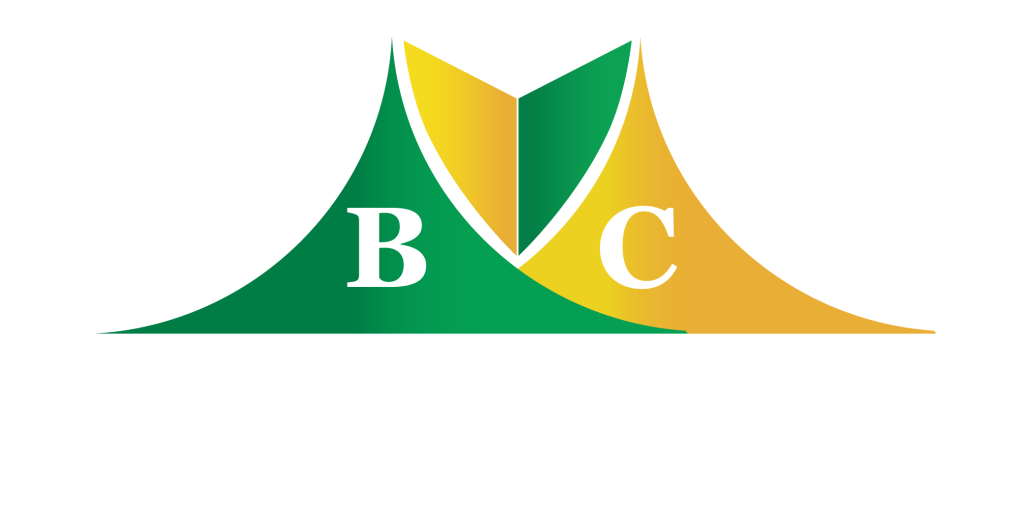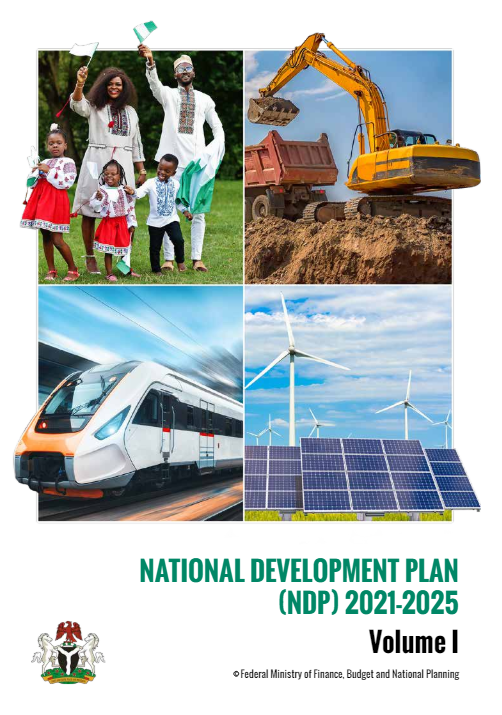Nigeria’s National Development Plan (NDP), 2021 – 2015 is a medium-term blueprint designed to unlock the country’s potentials in all sectors of the economy for a sustainable, holistic and inclusive national development, developed by the different facet of the Private Sector, Sub-national Government, Civil Society Organization (CSO) and facilitated by the Federal Government of Nigeria. This was deliberately done for inclusiveness, participation and citizen engagement to ensure no one is left behind. The Plan is a successor to the Economic Recovery and Growth Plan (ERGP), 2017-2020, which elapsed in December 2020. The vision of the NDP, 2021-2025 is consistent with the pursuit of socio-economic transformation of our country as envisioned in the long-term aspiration of Nigeria, encapsulated in the Nigeria Agenda 2050. The Plan also builds on the achievements and lessons learned during the implementation of the ERGP.
The NDP 2021-2025, adopted an integrated and multi-sectoral development approach. The approach recognizes the multi-faceted and interlinked nature of sustainable development, which calls for interventions to be tackled simultaneously through a coordinated approach to implementing development programmes. To achieve this, the Plan is guided by four strategic objectives, namely; establishing a strong foundation for a concentric diversified economy; investment in critical physical, financial, science and innovation infrastructure; building a solid framework and enhance capacities to strengthen security and ensure good governance; and enabling a vibrant, educated and healthy populace.
During the Plan period, government will focus on sectors with great potentials to generate jobs for our people and with multiplier effects on other sectors. We will continue to invest in critical infrastructure such as Power and alternative energy, Rail, Roads, and Housing and ensure macroeconomic stability, enhance business and investment environment, and improve the living conditions of Nigerians.
By 2025, the effective implementation of the Plan is expected to achieve average economic growth of 4.6 percent. Cumulatively it would have lifted 35 million people out of poverty and created 21 million full-time jobs. It would have also raised revenue to GDP ratio to 15 percent as well as improve health and education of the population.
To attain the objectives of the Plan, a total of N348.1 trillion investment commitment is required. The Government (Federal, States and LGAs) investment is expected to be N49.7 trillion, while the balance of N298.3 trillion will be funded by the private sector. A strong partnership between the public and private sectors is, therefore, imperative for successful delivery of the Plan outcomes. Government will also put in place a robust implementation framework that promotes performance and accountability. In this regard, the development Plan Implementation Unit and the National Monitoring and Evaluation system will be strengthened for assessment and tracking of government policies and programmes.

